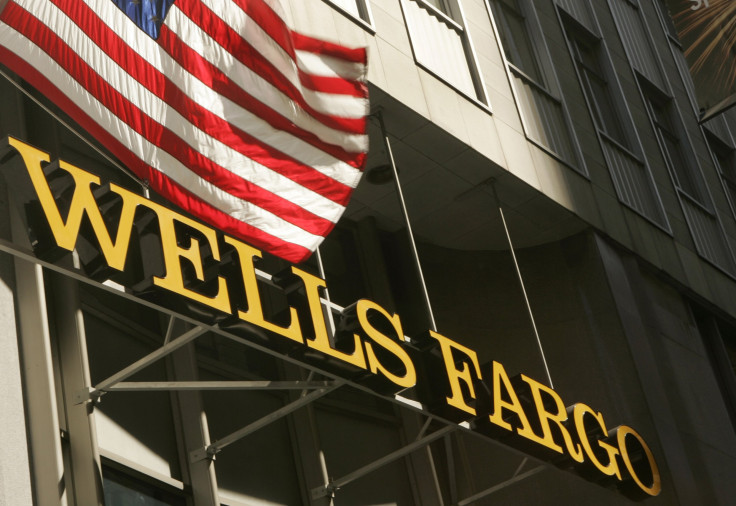'Too Big To Fail' Rules Divide Global Financial Watchdogs

Tensions are set to rise between global bank regulators when the international oversight board charged with preventing another worldwide financial crisis meets in London Friday.
The Financial Stability Board, made up of central bankers and financial regulators the world over, is hammering out divisive rules over how much money "too big to fail" banks need to set aside to weather a crisis.
But member nations disagree over the levels of protection lenders need to protect taxpayers from having to foot the bill for a bank collapse. Germany joins the U.S. in pushing for tougher standards, Bloomberg reports, citing three sources close to the matter. Japan, France and others want the FSB to go easier.
At issue are the FSB’s guidelines around total loss-absorbing capacity (TLAC), which measures how much of a bank’s assets could go toward cushioning losses in a crisis. The capital buffer, made up of Tier 1 and Tier 2 capital plus long-term unsecured debt, must make up 16-20 percent of a bank’s assets, after they are weighted for risks.
On the low end of this spectrum, most large banks would be unaffected. Existing regulatory regimes, including the international Basel III framework, already require TLAC levels in that range.
But American representatives, including members of the Federal Reserve System and the Securities and Exchange Commission, want the minimum capital buffers to be significantly higher. And deposit-oriented banks like Wells Fargo and JPMorgan Chase & Co., could feel the pressure.
Those two banks would each have to raise at least $50 billion in new securities, according to analysts at CreditSights and ColumbiaThreadneedle cited by Bloomberg. U.K. giant HSBC would also have to bulk up on buffer capital.
Meanwhile, the investment banks that came far closer to collapse than their depository counterparts during the 2008 financial crisis would be largely unaffected, due to the way the capital buffers are calculated. A separate proposal would set a minimum leverage ratio at twice the cutoff set by Basel standards.
The mega-banks set to be affected have pushed against the proposals. In a letter to the FSB, Wells Fargo said it was “very concerned” and suggested alternative approaches. Yet American regulators are reportedly holding to the higher standard, setting up a coming conflict in the world’s highest financial authority.
© Copyright IBTimes 2024. All rights reserved.






















